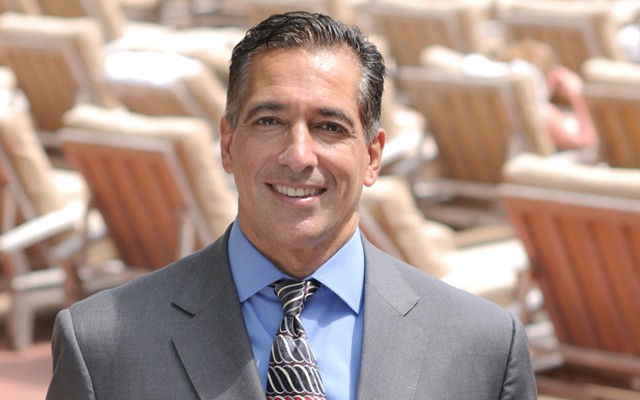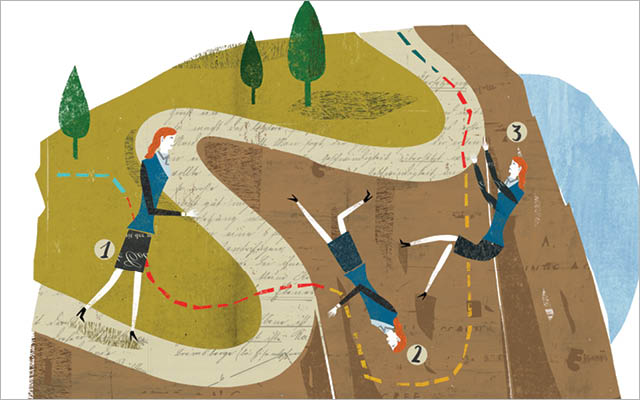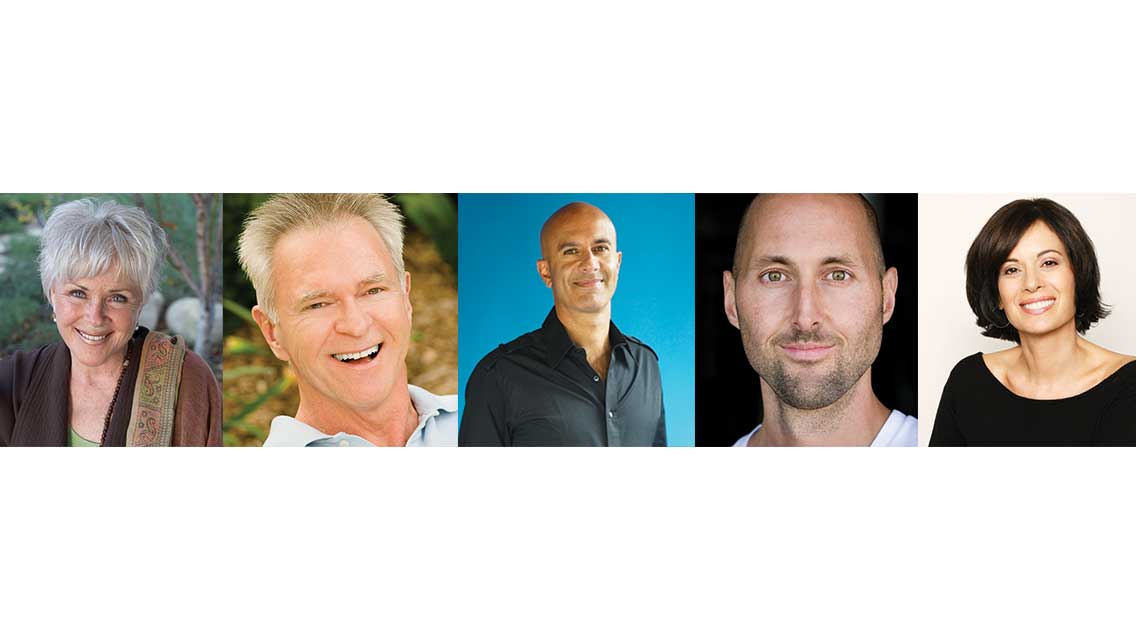Looking at the economic events of the past year, we’ve witnessed a great deal of volatility. In fact, we’ve experienced a sense of destabilization so profound that it’s shaken many of us from our long slumber of obliviousness about how truly unsustainable many of the models we’d come to take for granted really are.
Perhaps the most obvious of these is the unfettered growth model. Since its inception, our society has generally operated on the assumption that all growth is good. In recent decades, that assumption has only become more entrenched.
Personal net worth, expansion, development, yield — the pursuit of growth has been celebrated almost unquestioningly. And it was often projected to continue in perpetuity, even though it’s long been self-evident that on a planet of limited size and resources, such projections make little sense.
Meanwhile, a related trend — the trend of more — was taking root. As fast-growing businesses flooded markets with an apparently never-ending supply of goods, promotions and financing options, we (the consuming public) correspondingly widened all our intake mechanisms, enthusiastically making room for more stuff in our lives. We embraced more and bigger homes, more and bigger mortgages, more cars, more toys, more of just about everything.
Of course, this meant we needed more money. So we got busy earning it and borrowing it, not really thinking about where all this was headed. In the process, we lost a part of ourselves — the part that was willing to question how much of this was really making us happy, and how much waste was being produced in the process.
Today, we are being forced to stop and ask ourselves some important questions: How much of what we have (and what we’ve convinced ourselves we must have next) do we really need to be comfortable and content? At what cost have we managed to build the current, unsustainable system? And what alternatives might serve us — all of us — better, now and in the long term?
The current disorder in the markets, the fears of imminent economic collapse, our first glimpses into a post-peak-oil reality — I think all of this has gotten many of us considering another, more disturbing question: What if a lot of what we’ve come to take for granted simply falls apart?
Questions like this can either create panic, or they can create a galvanizing sense of responsibility and opportunity. The latter, as I see it, is the more appropriate response.
Right now, with so many people consumed by macroeconomic concerns and home-mortgage crises, it’s tough for us to fully process the important lessons this upheaval contains. And tougher still to apply those lessons to another rapidly growing concern — namely, the welfare of our planet. But together, we must.
Gaylord Nelson once said, “The economy is a wholly owned subsidiary of the environment.” He was right, and that’s why, while we’re asking questions about how we can make our economy more stable, it’s important that we also ask equally challenging questions about how we can make better, more responsible use of the natural resources and systems on which our entire economy relies.
These are the kinds of questions I’ve been asking myself lately, and Life Time Fitness has been considering as a company. And increasingly, we’re coming up with some good answers. While we recognize that we — like virtually all businesses — have got a long way to go before we can claim to be truly sustainable, in the last year, our architecture, design and construction teams have made major strides in improving the eco-footprint of our buildings. We’ve significantly reduced the energy and water use in our new clubs, and we’ve embraced many recycled, low-VOC and earth-friendly products. We’ve also been heeding sustainability suggestions offered by our members.
Last year, a number of leaders within our company formed a Sustainability Task Force, and they’ve been hard at work planning and prioritizing a number of promising initiatives that will help our company improve both our performance and our corporate citizenship. We are moving forward.
In the meantime, I hope this spring brings you fresh opportunities to reflect on the life-sustaining priorities that are important to you.



This Post Has 0 Comments